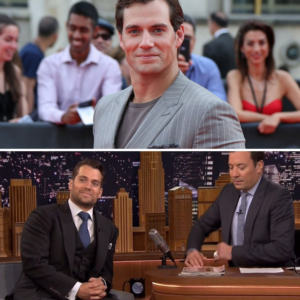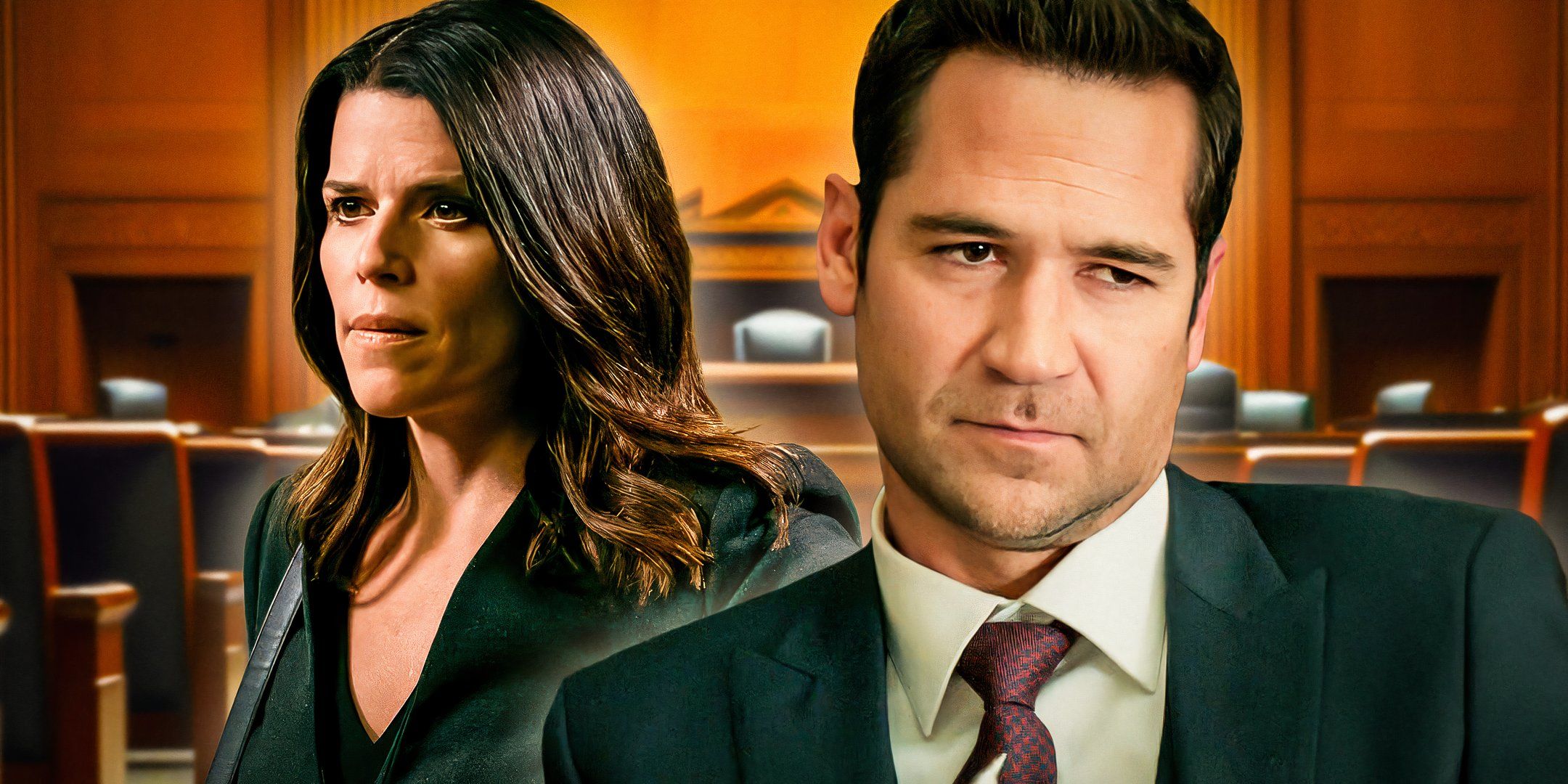
Netflix’s The Lincoln Lawyer is known for its legal realism, properly representing many aspects of the law and court cases while bending others for dramatic purposes. Based on the books by Michael Connelly, the show follows a defense attorney named Mickey Haller who is known for two things. One, he works out of the back of his Lincoln cars, and two, he almost always gets clients off. Like every great courtroom drama, The Lincoln Lawyer takes creative liberties with the legal aspects, favoring storytelling over 100% accuracy.
Despite how TV shows and movies present it, the law and court cases can be very slow, dull, and pedantic. However, The Lincoln Lawyer finds a way to balance actual elements of the legal profession with exciting storytelling. From Andy’s Cruz Waiver to trials in absentia, the writers put careful attention into representing the judicial system correctly.
7First-Degree Murder With Special Circumstances Holds A Different Bail Than Other Types Of Murder
Lisa Trammel Was Eligible For Bail, But Julian La Cosse Wasn’t
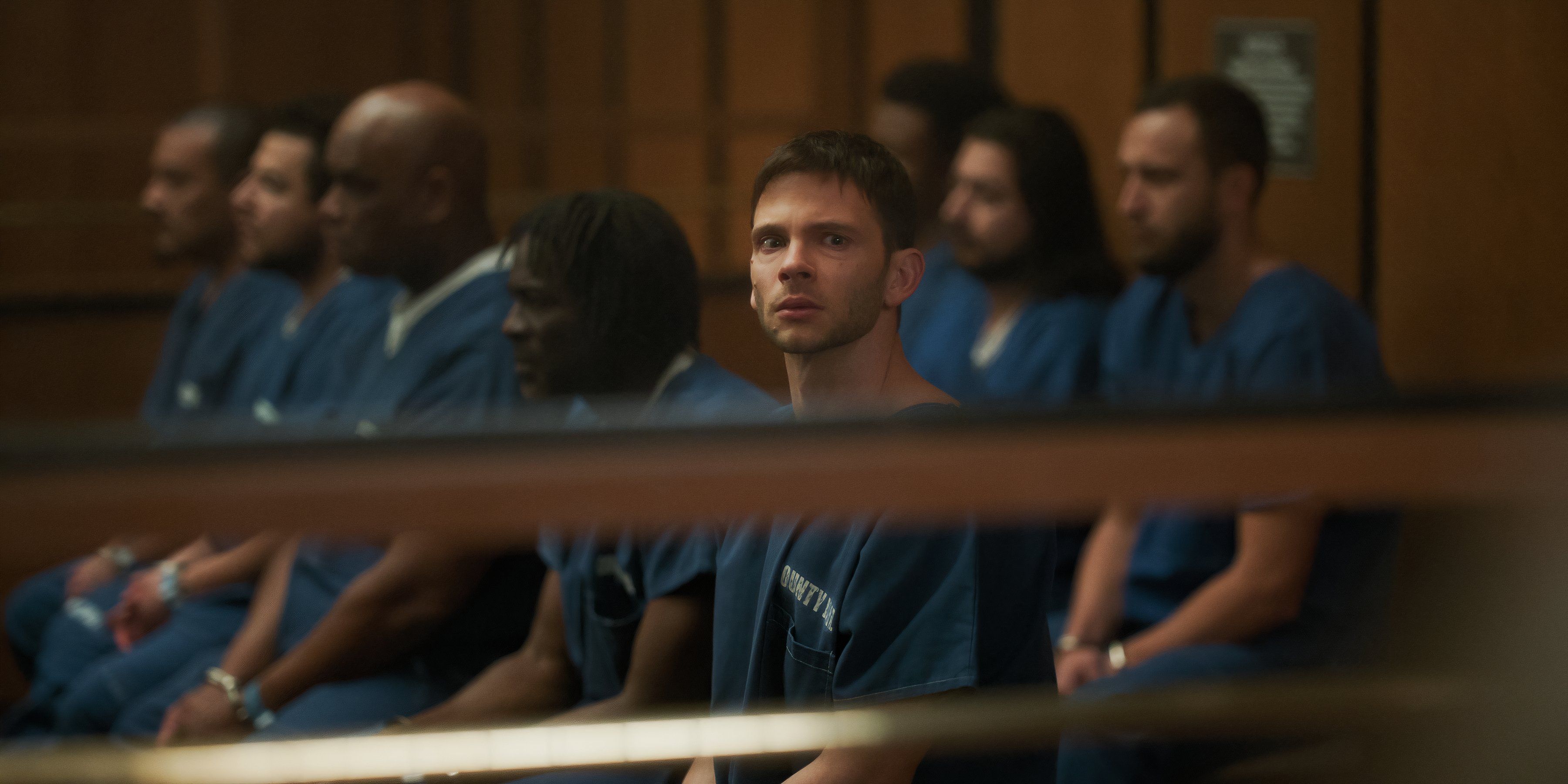
In The Lincoln Lawyer season 2, Lisa Trammel qualifies for bail, but she decides to stay in prison because she’s unwilling to sell her restaurant to pay the amount. However, Julian La Cosse is stuck in jail until the trial without the option of bail in The Lincoln Lawyer season 3. These two have different experiences because Julian has a special circumstance enhancer to his charge. Multiple special circumstances exist that can be added to a murder charge. In Julian’s case, Glory Days died with smoke in her lungs because of the fire set in her apartment by the murderer.
As shown in The Lincoln Lawyer season 3, in LA County, a defendant charged with first-degree murder becomes ineligible for bail when a special circumstance is tacked onto the charge. According to the county’s 2024 Felony Bail Schedule, all other murders have a bail amount of $2 million, which can be argued higher or lower depending on the circumstances. However, it’s important to note that bail amounts differ between counties and states.
6The Prosecution Must Turn Over Evidence To The Defense
Mickey Haller Complains That The Prosecution Didn’t Turn Over Evidence
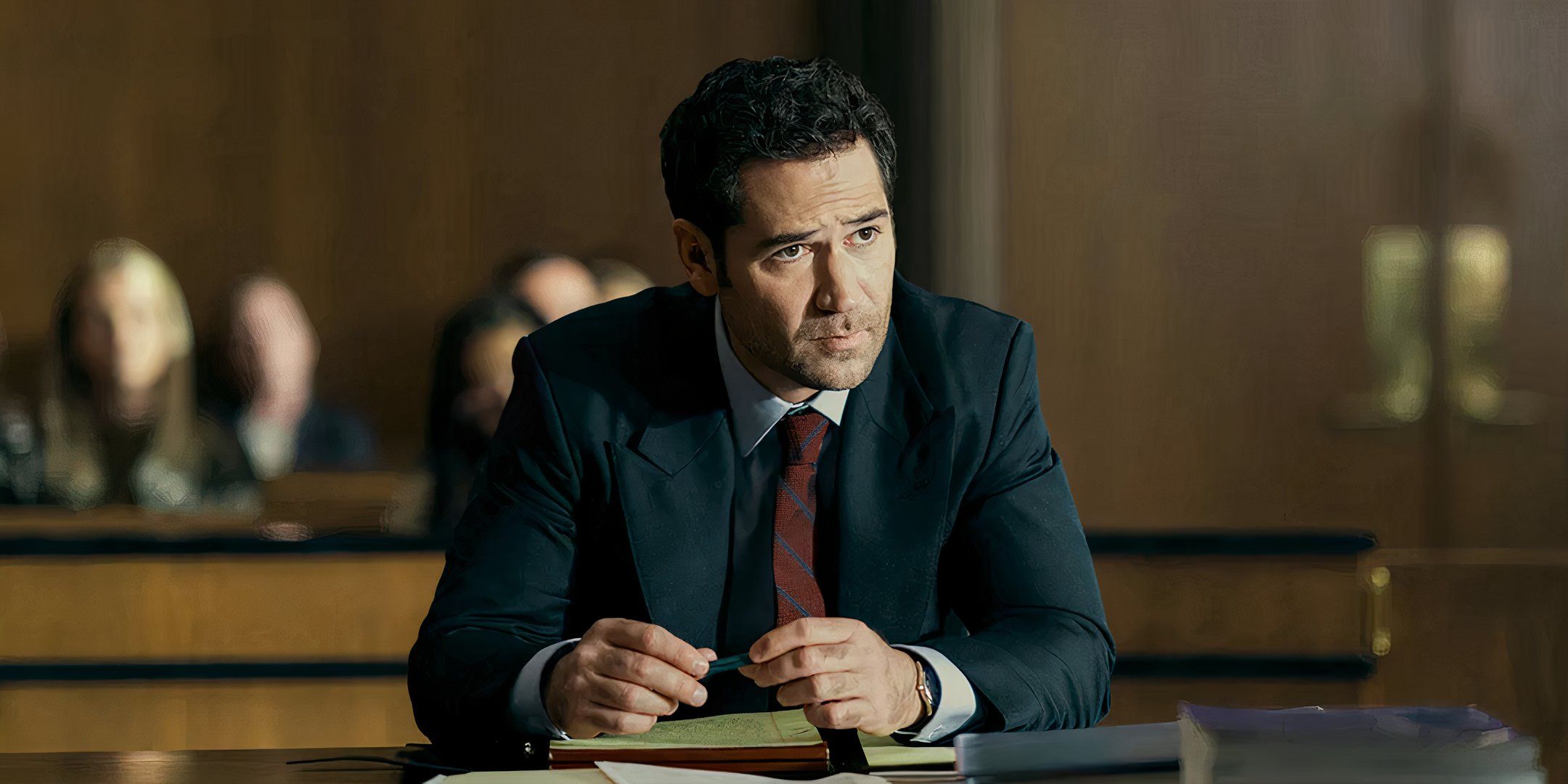
During The Lincoln Lawyer season 3, Mickey complains to the judge that he hasn’t received pieces of evidence like the autopsy report or the hotel surveillance. In the former case, William Forsythe (the prosecutor) says that they just received the document themselves. In the latter case, he tries to deny having seen it, even though his investigator had the evidence. These interactions allude to one part of the law that The Lincoln Lawyer gets correct.
Except for theories and strategies – called “work product” – the prosecution is required by law to turn over all evidence to the defense with enough time for them to review it and incorporate it into their defense, ensuring a fair trial. In contrast, reciprocal discovery rules vary across different jurisdictions. In California, the defense is required to provide the prosecution with the following (via NOLO):
Witness lists and contact information
Witness statements
Expert reports
Any tangible evidence they plan to present at trial
These rules are part of the reason why Mickehy didn’t want the court to know that he had the surveillance video. If he’d failed to share the evidence, it could negatively impact Julian’s case, but if the prosecution didn’t turn it over, it could positively impact the case.
5Judges’ Biases Can Influence Their Court Cases
Mickey’s Team Uses Judges’ Biases To Achieve The Outcome That They Want
Along with pointing out flaws in the policing system, The Lincoln Lawyer season 3 also points out that judges aren’t actually impartial. Lorna knows about her judge’s background working on ADA compliance, and she uses this to her advantage in the Sam Scale case. Mickey also realizes how good of a position he’s in because Judge Regina Turner used to work as a public defender, pointing to a softer implicit bias toward defendants. The Lincoln Lawyer gets this aspect of the law correct. Whether judges want to admit it or not, they are not impartial, no matter how hard they try.
The fact is that judges are human beings with the same implicit and explicit biases as everyone else. A good judge will try to confront their biases to make themselves as neutral as possible. California also provides mandatory bias training, which might help decrease bias in the courtroom. Unfortunately, judges may believe that they are better at putting aside biases than they actually are, as overconfidence is a flaw of the human condition. Ultimately, people aren’t machines, so there’s no way to guarantee impartiality.
4Court Cases Move Extremely Slowly, Especially For Felony Charges Like Murder
Julian Stays In Jail For Nine Months Between His Arraignment And Trial

After the arraignment, Mickey reveals to Julian that the waiting time until the trial will be around eight months. The Lincoln Lawyer season 3 timeline confirms that the case took nine months to go to trial. The idea that trials occur quickly is one of the biggest misconceptions caused by legal dramas, and The Lincoln Lawyer is correct in that murder trials across the United States can take months to years from the arraignment to start.
However, there is one small part of this picture that they get incorrect or brush over. In the state of California, defendants have a much shorter waiting period than they would elsewhere, as there are limits for the amount of time in each stage leading up to the trial pursuant to Section 138 of the California Penal Code. A defendant must have their arraignment within 48 hours of arrest, and a preliminary hearing generally must occur within ten days of the arraignment.
The prosecution then has 15 days to submit information. The trial then must start in the 60 days after a defendant is arraigned on information unless they waive their right to a speedy trial. All things considered, the shortest period of time that Julian would have had to stay in jail is around three months, but it seems likely that Mickey got him to waive his right to a speedy trial to ensure thorough preparation for the murder trial.
3A Case Could (Theoretically) Get A Mistrial Because Of A Violent Outburst
Mickey Plans For His Client To Attack Him To Get A Mistrial
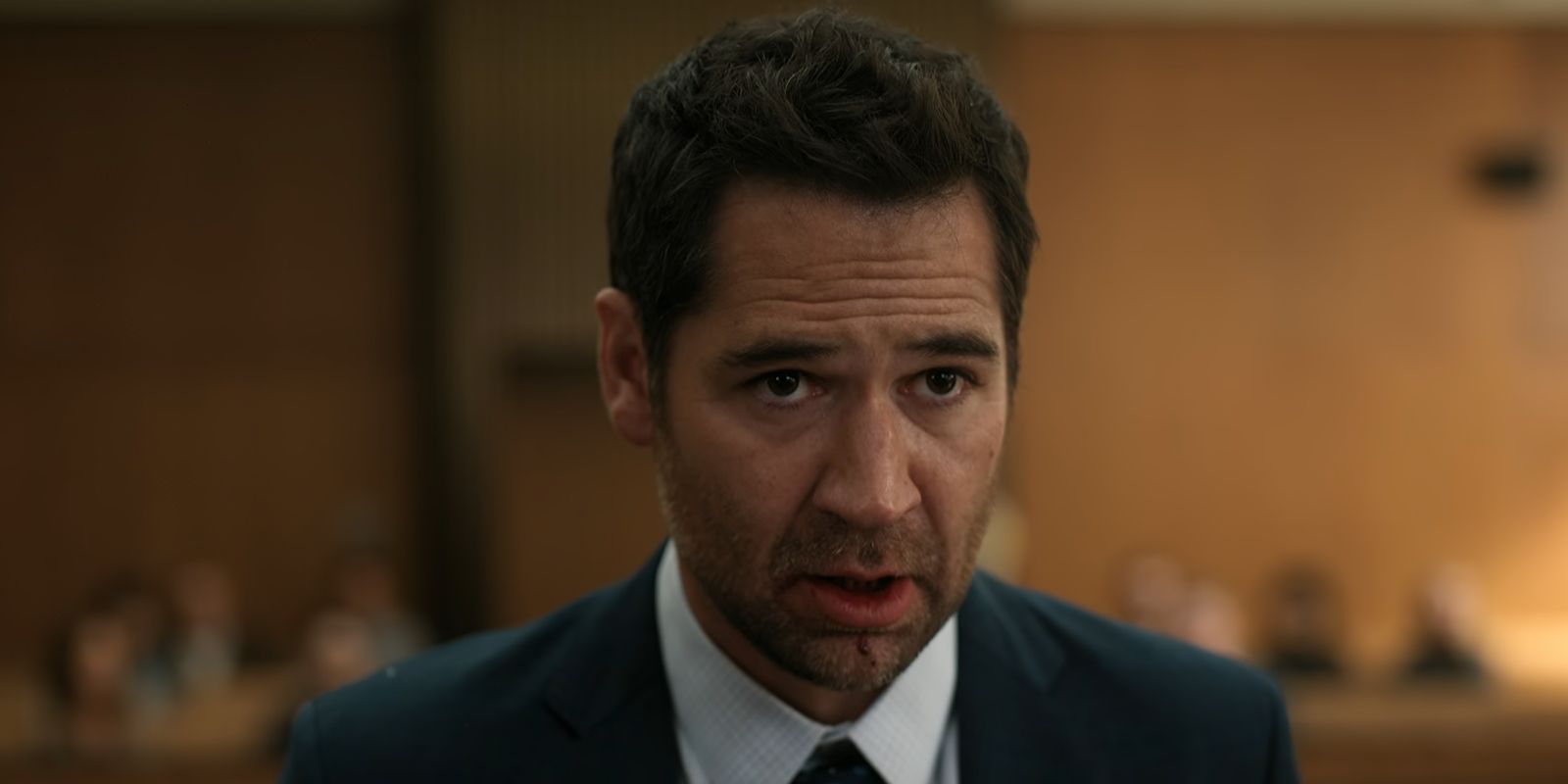
One of the most shocking moments early in The Lincoln Lawyer season 3 is the outburst of Mickey’s defendant during the trial. The questioning of the witness isn’t going well, so he goes to talk to his client, who screams and punches him. Because of the outburst of violence and the blood dripping down Mickey’s face, the judge grants a mistrial, saying that the incident would irreparably prejudice the jury. Violent outbursts might not be the most common thing in a courtroom, but the response to the situation was factually correct.
Misconduct in a courtroom can result in a defendant being removed rather than a mistrial. Additionally, judges can continue a trial in which prejudicial statements or actions occur by providing curative instructions. However, the court case United States v. Mannie held that repeated misconduct or violent outbursts prejudice the jury in an irreparable way, preventing a fair trial.
Based on this precedent, it’s highly likely that a judge would grant a mistrial for a physically violent outburst that scared the jurors and resulted in blood, as they wouldn’t be able to repair the prejudice. After all, continuing with an irreparably prejudiced jury can result in a conviction being overturned down the line. Ultimately, the decision comes down to the judge, though.
2The Judge Has The Final Say When It Comes To Witnesses And Evidence
Judge Regina Turner Screens All Evidence And Witnesses Before Approving Them

In The Lincoln Lawyer season 3, the judge screens Mickey’s witness list, the surveillance footage, and the police interrogation video. In each instance, she rules about whether they will be allowed in the trial. Many of Mickey’s witnesses aren’t allowed to go in front of the jury because they’re deemed irrelevant to the case. She allows the surveillance footage. Additionally, she inserts the interrogation video into evidence after hearing arguments about why it should be suppressed or allowed. Then, towards the end of The Lincoln Lawyer season 3, she has Officer De Marco give testimony in front of her without the jury present.
These are examples of what happens in a real court case. The judge screens everything that goes into the courtroom, deciding what’s allowed and not allowed. They have the final say when it comes to admissibility. If they believe a piece of evidence could confuse or mislead the jury, they have every right to exclude it from the trial. Sometimes, like in the case of De Marco’s testimony, they will do what’s called “blanking.” This involves limiting evidence to themselves and the attorneys until they can decide whether it’s admissible.
1Lawyers Usually Juggle Multiple Cases At Once
Lorna And Mickey Have A Variety Of Cases That They Manage At The Same Time
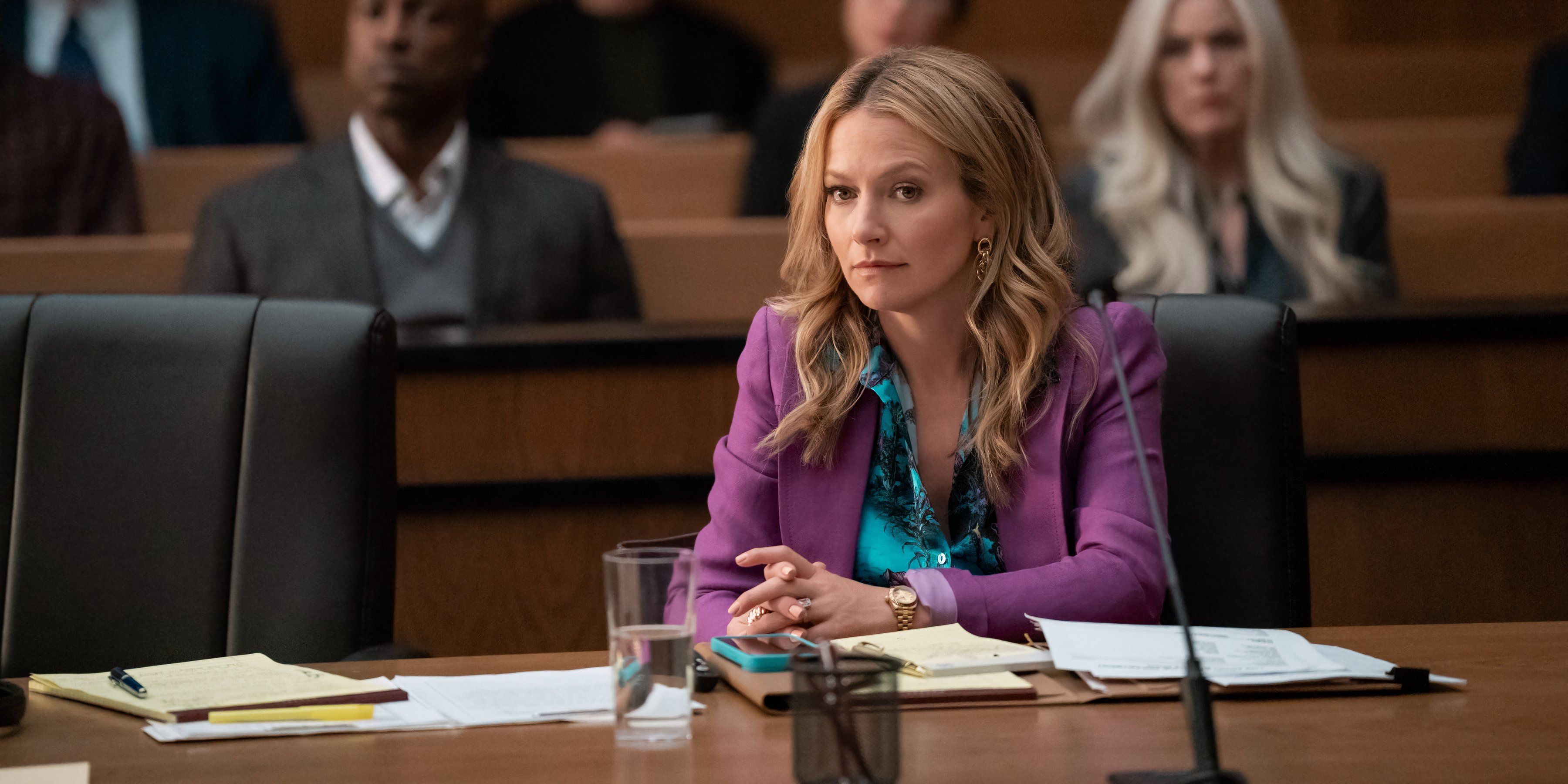
Though most legal dramas focus on a single case at a time, The Lincoln Lawyer diverges from this norm by showing Mickey and Lorna taking on multiple cases at a time rather than putting all their attention into a single case. This allows the show to be both a serialized format and a case-of-the-week format, keeping things fresh and interesting while maintaining overarching narrative integrity. In fact, one of the best episodes of The Lincoln Lawyer season 3 shows Lorna’s first day as a fully-fledged lawyer. She’s bouncing from one case to another, trying to be everywhere she needs at once.
In addition to being hilarious, her and Mickey managing multiple cases at once is entirely realistic. While the number of cases a lawyer has at once varies, it ranges anywhere from 10 to over 100, depending on the specialty, location, and demand. It’s highly abnormal that an attorney will ever have a single case at a time, especially since the legal process for each case can take a long time.
